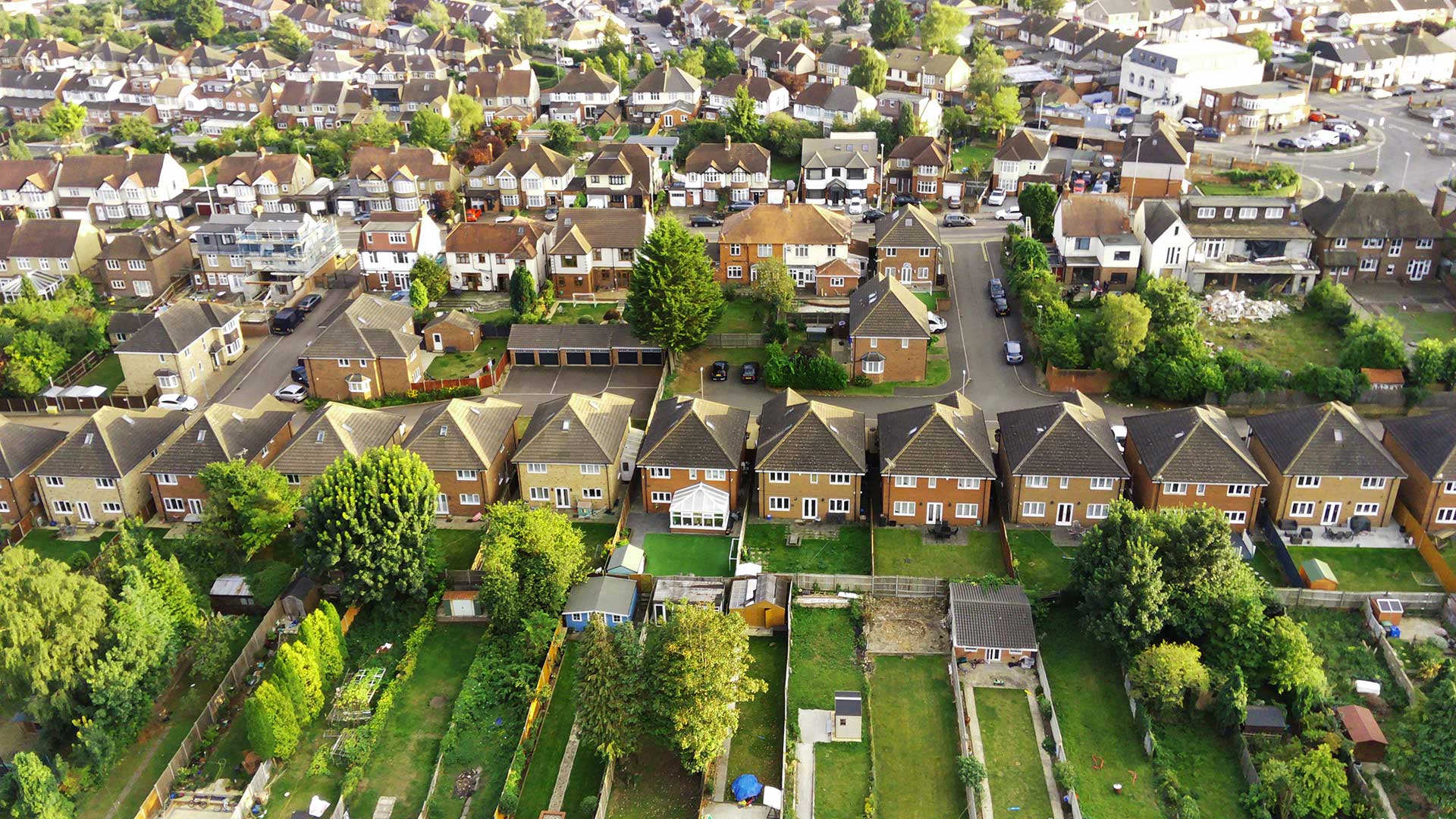UK public has a gloomy economic outlook
The Britain Barometer is our regular polling of public opinion in Britain. We cover a range of topics including political views and voting intentions, the economy, government policies and emerging issues important to the British public.

Our latest public opinion study in Britain reveals concern over the economic outlook, uncertainty over the Brexit transition, and a shift in attitudes towards coronavirus.
Findings from our research from 5 and 9 November show:
- Just over a third (34%, -1 vs September) report that coronavirus has reduced their personal income. Of that group, 23% expect this reduction to be permanent (-2).
- Nearly 1 in 3 (32%) say they are finding it harder to meet their household budget than a year ago (+1).
- Over four in ten of those in work (42%) feel that their job is less secure than a year ago. When thinking ahead to the end of the year, 29% of workers are concerned that their job is not very secure or not at all secure.
Almost two thirds of adults in England (65%) either approve or strongly approve of the new national lockdown in England.
More detailed analysis on themes
1. Perceptions of actions and intervention to tackle COVID-19
-
The economic challenges expressed by the public may be driving shifts in opinion on whether public health or the economy should be protected:
- Now, 35% think that the government are placing too much emphasis on protecting the country’s economy, and not enough on protecting people’s health, compared to 44% in September.
- 24% of the public now think the government are placing too much emphasis on protecting people’s health, and not enough on protecting the country’s economy, up from 16% in September.
2. Views on schools and exams
-
In the week that the Welsh government announced that students will not take GCSEs, AS or A levels in summer 2021, the research from 5-9 November found:
- 6 in 10 (59%, -8) of people agree that it is important schools remain open.
- 62% agree that it is important that normal exams (GCSE, A level, Highers, etc.) go ahead as planned next summer.
3. Brexit: What do the public want to see happen?
The findings also reflect some public uncertainty over the end of the Brexit transition period:
- Almost half of the public (51%, -6) think the negotiations are being handled very/fairly poorly, and a quarter (26%, +2) think the they are going very/fairly well
- Only a minority of the public (19%) would prefer to exit the transition period under WTO terms with no EU trade deal. Almost half (44%) would prefer that a UK-EU trade deal comes into force after the transition period. The rest of the public (37%) are unsure.
- There is quite a lot of uncertainty around how we will exit the transition period with the EU. Just under 1 in 5 (17%) think we will exit with a trade deal with the EU, whereas a third (35%) think we will exit under WTO rules. However, almost half of the general population (47%) do not know which of these outcomes is more likely.
- The public is also divided on how well the UK government is negotiating trade deals with countries outside of the EU. Just under a third (29%) think the government is handling these negotiations very/fairly well. However, 43% think they are handling them very/fairly poorly.
4. Voting intentions
- Con 40% (nc vs September 2020)
- Lab 36% (-2)
- Lib Dem 8% (-1)
- SNP 5% (+1)
- Green 5% (+1)
- Brexit 3% (nc)
- UKIP 1% (-1)
- PC <0.5% (-1)
- Other 1% (nc
5. Attitudes towards vaccination
With research taking place over the weekend of 5-9 November – before the announcement of successful stage three trials of a COVID vaccination – when people were asked about if they would plan to get a vaccination when there is one, there has been a continued decrease in the proportion of the public who say they would plan to get vaccinated with any hypothetical vaccine:
- 63% say they will definitely or probably plan to get the vaccine, compared to 64% in September, 67% in August and 69% in July.
6. Voting Intentions
- Con 38% (-2 vs November 2020)
- Lab 37% (+1)
- Lib Dem 10% (+2)
- SNP 5% (nc)
- Green 5% (nc)
- Brexit 3% (nc)
- UKIP 1% (nc)
- PC 1% (+1)
- Other 1% (nc)
7. Methodological information
A total of 1,141 interviews were conducted online among adults living in Great Britain between 5 and 9 November 2020. All interviews were conducted as online self-completion. The Kantar online access panel was the main sample source.
The data was weighted to match population totals for age, gender, 2019 General Election voting patterns, 2016 EU referendum voting patterns, education, region, and likelihood to vote in the next General Election.
This Britain Barometer was issued under Verian's former global brand name: Kantar Public.
Our latest thinking
Subscribe to receive regular updates on our latest thinking and research across the public policy agenda
Our latest thinking
Subscribe to receive regular updates on our latest thinking and research from across the public policy agenda








